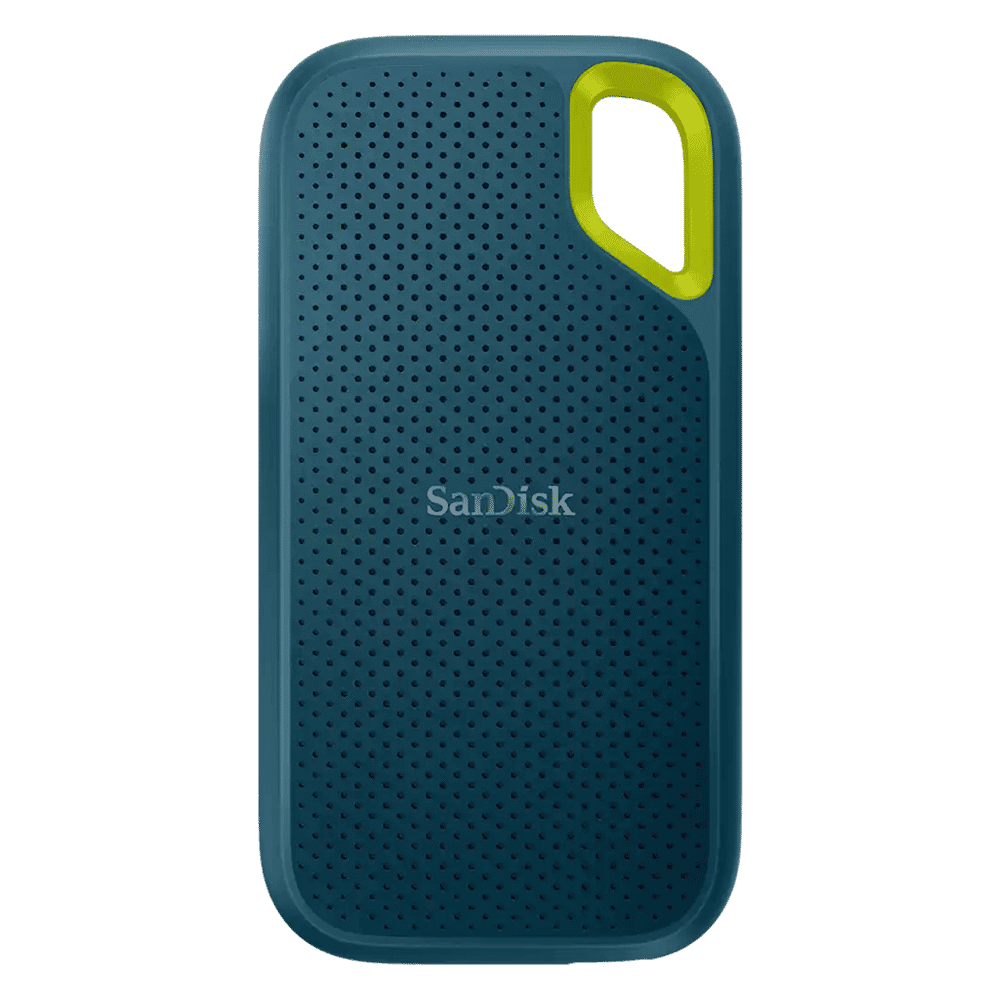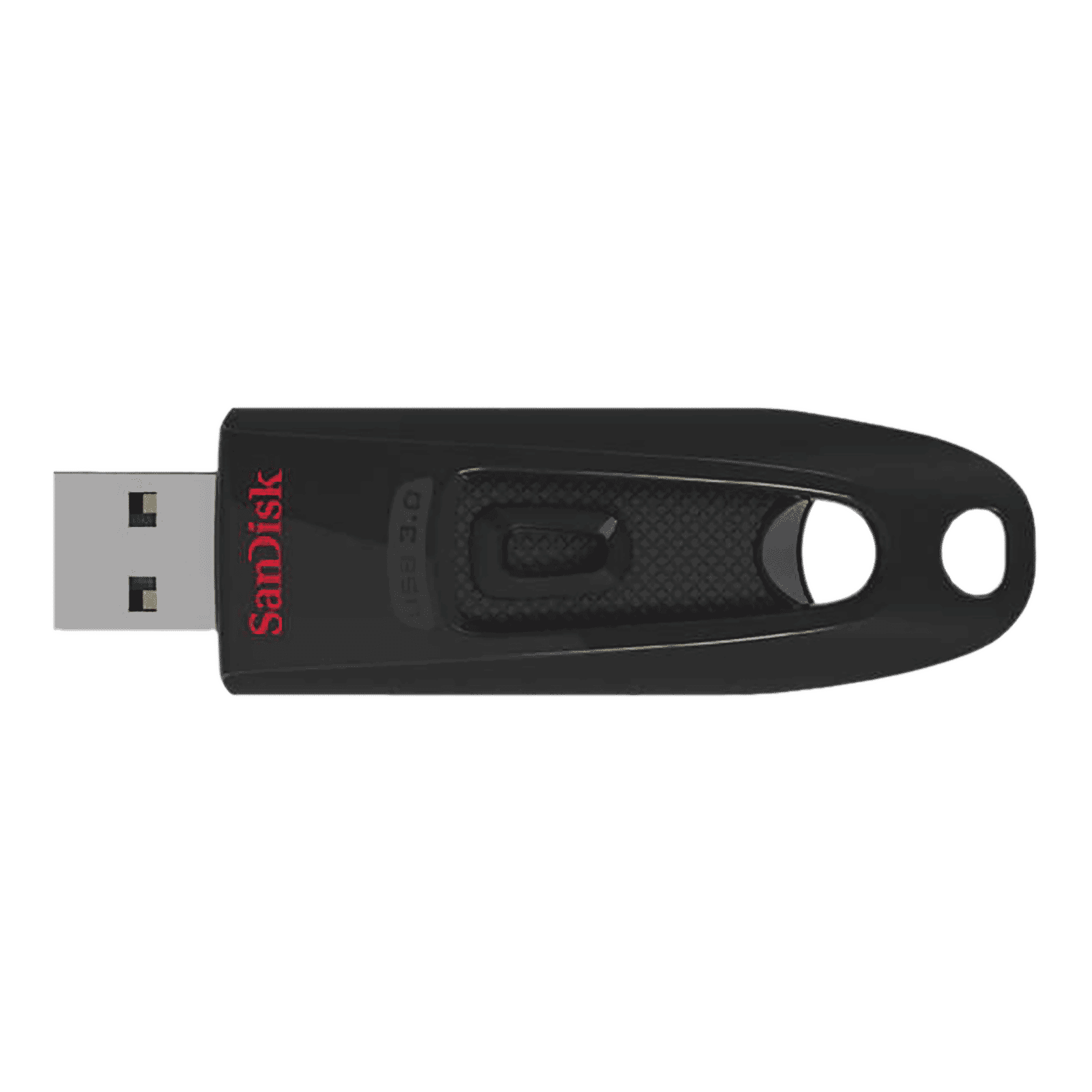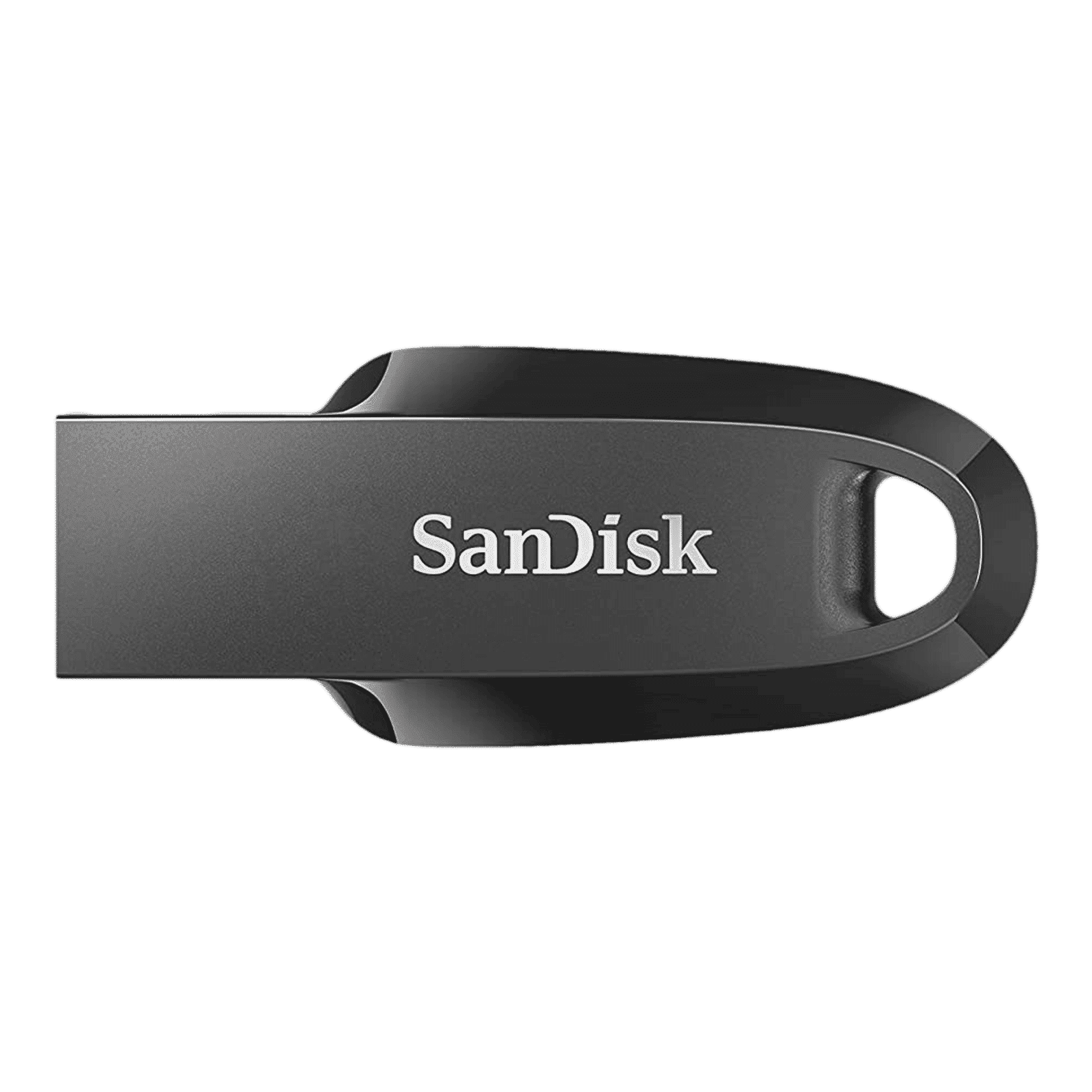
Consumer Electronics
•05 min read

Buy SanDisk Extreme 1 TB USB Type-C (3.2) Portable Solid State Drive (Drop Protection, Monterey) online at best prices from Croma. Check product details, reviews & more. Shop now!
Have you ever wondered how the average lifespan of a storage device can influence the safety of your digital memories? In today’s digital world, choosing a reliable storage option is essential. At Tata Neu, we believe safeguarding your digital memories is as rewarding as it is essential—enjoy exclusive benefits such as earning up to 5% NeuCoins and seamless Express Delivery for orders placed before 6 PM. This article explores flash drives and SSDs, comparing reliability, durability, and performance so that you can make a well-informed decision for your data storage needs.
Flash drives are compact devices designed for portability and quick file transfers. Using NAND flash memory, these devices are perfect for those who need to carry their documents, photos, and videos on the go. Their popularity stems from their affordable price point and ease of use, ideal for casual storage needs.
Solid-state drives, or SSDs, are storage devices used primarily in laptops and high-performance systems. They also rely on NAND flash memory but incorporate advanced controllers that manage data more efficiently. This makes them a top choice for users who seek robust performance when booting up systems or transferring large files.
Both flash drives and SSDs use flash memory technology, but they differ in terms of portability, storage capacity, and cost. While flash drives are highly portable and excel at fast file transfers, SSDs offer superior performance and greater reliability for intensive uses, including system operations and long-term data storage.
Flash drives are designed with convenience in mind. However, their compact design makes them more prone to physical wear and tear. Frequent plugging and unplugging can lead to damage, reducing the overall lifespan of the device. Environmental factors such as exposure to extreme temperature and humidity can further impact durability.
SSDs benefit from innovative wear-leveling technology, which extends their lifespan by evenly distributing write and erase cycles across the drive's memory cells. This technology enables SSDs to handle a greater number of write cycles, with TBW (terabytes written) indicating how much data can be written before performance may decline, enhancing reliability over the long term.
Recent industry analyses indicate that SSDs typically exhibit lower failure rates compared to flash drives. While both types of storage involve similar underlying flash memory, the advanced architecture and built-in safeguards of SSDs offer superior reliability. This makes SSDs a more attractive option for users who depend on their devices for critical data storage.
Insight Corner: The Role of Wear-Leveling in SSDs
Did you know that SSDs use advanced algorithms called wear-leveling to distribute write and erase cycles evenly across all memory cells? This significantly extends their lifespan compared to flash drives.

Buy SanDisk Ultra 32GB USB (3.0) Pen Drive (Portable Design, Black) online at best prices from Croma. Check product details, reviews & more. Shop now!
Flash drives typically retain data effectively when used regularly, but when not in active use, their performance can diminish over time. External factors, such as fluctuating temperatures or humidity, may affect the data retention capabilities. It is important to store these devices in a controlled environment to safeguard your data.
SSDs are engineered to offer robust data retention. Their superior integration of hardware and software ensures that data remains secure, even if the drive is left idle for an extended period. However, users should be mindful of potential issues during unexpected power losses which, although uncommon, can affect SSD reliability.
When it comes to long-term data storage, SSDs tend to be the better option due to their enhanced reliability and longevity. Nonetheless, careful handling and proper storage conditions are recommended for both devices to maintain optimum performance. For those who prioritize safe, enduring storage, regular backups remain a prudent practice.
In performance comparisons, SSDs outshine flash drives with significantly faster read and write speeds. Whether you are transferring large files or booting your system, an SSD commonly delivers better efficiency. Flash drives, while efficient for smaller transfers and everyday use, may lag behind when confronted with high-performance demands.
Flash drives offer unmatched ease of transport due to their size, making them ideal for quick, on-the-go file sharing. Conversely, external SSDs, though slightly less portable, provide a comprehensive solution for higher capacity and superior performance. Depending on the context, be it academic, professional, or personal use, the choice between portability and performance is a key consideration.
The decision between flash drives and SSDs often comes down to cost efficiency. While flash drives are generally more budget-friendly, the enhanced performance and reliability of SSDs justify the higher expenditure for demanding applications. It is important to assess your specific needs, prioritising performance where reliability matters most and balancing these requirements against your budget.

Buy SanDisk Ultra Curve 32GB USB (3.2) Pen Drive (Compact Design, Black ) online at best prices from Croma. Check product details, reviews & more. Shop now!
Flash drives are prized for their compact design, affordability, and universal compatibility. However, their limited lifespan, slower performance compared to SSDs, and a tendency to experience higher failure rates make them less desirable for intensive or long-term applications.
SSDs provide faster operations, high reliability, and extended durability. Their robust internal technology makes them a solid choice for data-intensive tasks. The trade-off is the higher price point and slightly reduced portability of external SSD versions, necessitating a careful assessment based on your unique storage requirements.
Deciding between a flash drive and an SSD requires consideration of your budget, performance demands, and reliability expectations. If you value portability and affordability for routine file transfers, a flash drive may suffice. For users with rigorous data security and high-performance needs, SSDs are a more dependable selection. When shopping on Tata Neu, you not only invest in dependable tech but also unlock exclusive benefits such as NeuCoins rewards and prompt Express Delivery.
SSD is generally more reliable due to better durability, advanced wear-leveling, and lower failure rates compared to flash drives.
SSDs typically last longer because of their ability to handle more write cycles and their robust internal technology.
Flash drives are not ideal for long-term storage due to their limited data retention capabilities and susceptibility to physical damage.
It depends on the use case. SSDs are best for performance and reliability, flash drives for portability, and SD cards for specific devices like cameras.
Factors include the number of write cycles, physical handling, storage conditions, and the overall quality of the device.
In the debate of flash drives vs SSDs, the right choice depends on your specific needs. Flash drives are portable and cost-effective, yet they often lack the endurance and reliability of SSDs. Conversely, SSDs offer superior performance, durability, and data retention, making them a sensible investment for those who require secure, high-performance storage. By understanding the strengths and drawbacks of each option, you are better equipped to select the device that best meets your digital storage requirements. Tata Neu also offers expert guidance and trusted after-sales support, including ZipCare services, reinforcing the platform’s reliability and care for customers.